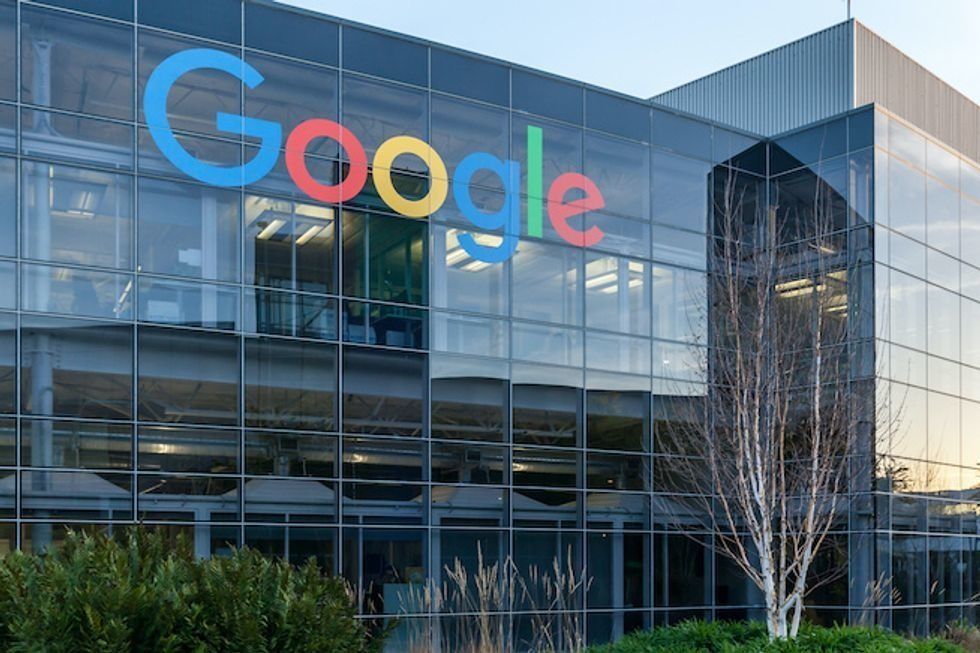Google says outage was not COVID-19 related and network can handle extra load
Google says a router failure was to blame for a network outage that affected its search, Gmail, YouTube and Drive services on Thursday.
The company also took the opportunity to reassure web users that its networks can comfortably handle the extra strain caused by millions of people now working from home due to coronavirus isolation measures.
Read More:
- Netflix and YouTube lower video resolution to stop internet strain
- Cybercriminals are using coronavirus fear to spread malware
- Hundreds of cybersecurity experts unite to fight coronavirus hacking
Numerous video streaming services have lowered their video quality in recent days, especially in Europe, in a bid to reduce the load caused by people flocking to Netflix, YouTube and other entertainment services while they are unable to go outside.
But, in a reassuring message similar to that made by BT earlier this week, Google says its systems can cope just fine.
Urs Hölzle, senior vice president of technical infrastructure at Google, said on Twitter: "Very sorry about that! We have a router failure in Atlanta, which affected traffic routed through that region...Just to make sure: this wasn't related to traffic levels or any kind of overload, our network is not stressed by Covid-19."
Very sorry about that! We had a router failure in Atlanta, which affected traffic routed through that region. Things should be back to normal now. Just to make sure: this wasn't related to traffic levels or any kind of overload, our network is not stressed by Covid-19. https://t.co/vZEJpkgRlo
— Urs Hölzle (@uhoelzle) March 26, 2020
Hölzle later followed up in a Google blog post to say the company's networks are designed to handle very high traffic, such as during the Cyber Monday shopping event, and while streaming global sports events like the Fifa World Cup final.
"While we're seeing more usage for products like [video conferencing service] Hangout Meet, and different usage patterns in products like YouTube, peak traffic levels are well within out ability to handle the load," Hölzle said.
Google's network is made up for a system of high-capacity fibre optic cables that cover much of the globe, travelling under land and sea to connect the company's data centers together. Data travels along Google's own cables, until it is handed over to the world's 3,000-plus internet service providers (ISPs). Often this handover takes place in your own city, limiting the distance data has to travel on non-Google cables.
Recognizing the extra load put on the internet by coronavirus quarantine, Hölzle said: "We're continuing to work with governments and network operators around the globe as we do our part to minimize stress on the system." Part of this effort has included Google lowering the default video quality on YouTube.
